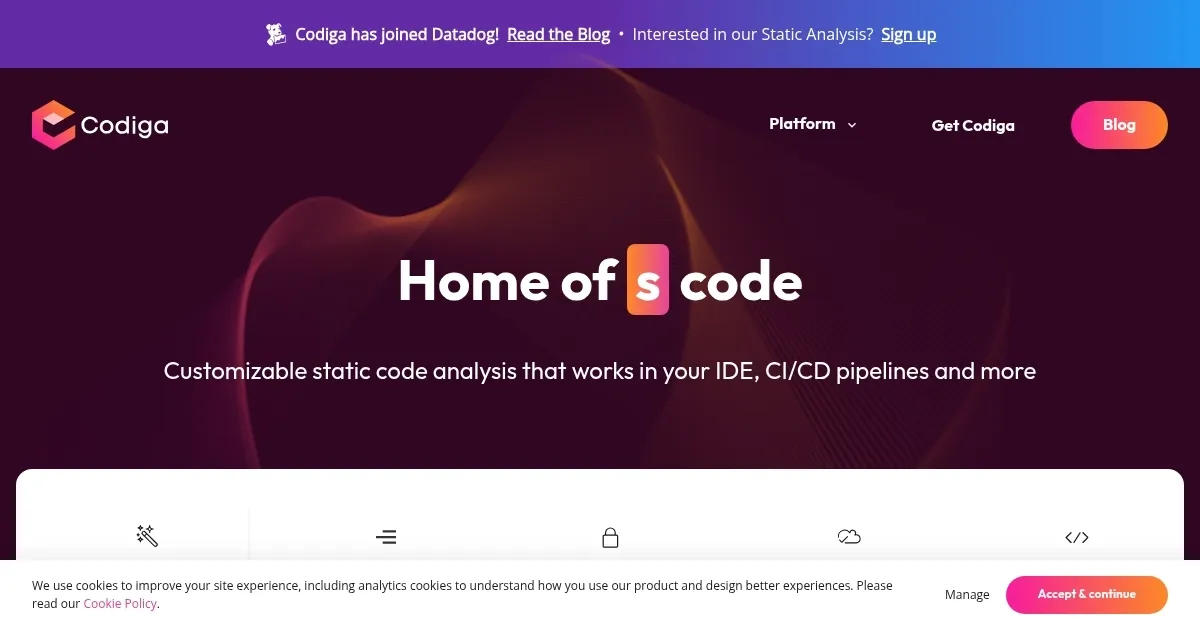Codiga
Codiga is an AI-powered static code analysis tool that integrates real-time scanning and autofix capabilities into IDEs and CI/CD pipelines. It supports languages including Python, Java, JavaScript, Go, PHP, Ruby, Kotlin, TypeScript, C++, Shell, Dart, Scala, and Apex, with over 1800 rules from the Codiga Hub for security, safety, and performance issues. The tool detects vulnerabilities aligned with OWASP Top 10, MITRE CWE, and SANS/CWE Top 25, providing one-click fixes in editors like VS Code, JetBrains, and Visual Studio.
Codiga operates across the software development life cycle, starting with IDE-based analysis during writing, followed by git hooks that block pushes with unresolved issues. It then reviews pull requests on GitHub, GitLab, and Bitbucket, flagging violations, duplicates, and complex functions, and tracks historical errors per commit in production. The dashboard displays metrics on code quality, including total violations, duplicates, and function complexity. Custom rules can be created in under five minutes and shared team-wide.
Key features include automated code reviews that process pull requests in seconds, code snippets for reusable blocks, and integrations with version control systems for seamless workflow embedding. Recent updates enhance Go language support for insecure code detection. Competitors like SonarQube require server installation and offer broader quality gates but less real-time IDE focus. Semgrep excels in open-source pattern matching for security but lacks autofix and snippet tools. CodeClimate provides maintainability scores and is suitable for velocity tracking, though Codiga’s pricing includes a free tier with paid team options that scale more predictably than SonarQube’s line-based model.
Users report benefits in faster feedback and reduced technical debt, with G2 reviews noting easy GitHub setup and configurable alerts to avoid spam. Drawbacks include potential false positives requiring manual tuning and limited depth in some niche languages compared to enterprise tools. The code snippets feature allows private sharing for consistency, supporting 15 languages.
For implementation, connect Codiga to a repository first, test rules in the playground, and enable IDE extensions for immediate use.
What are the key features? ⭐
- Static Code Analysis: Performs instantaneous scans for vulnerabilities, errors, and quality issues across multiple languages in IDEs and pipelines.
- Autofix Code: Offers one-click fixes for detected coding problems and security risks directly in the development environment.
- Real-Time Feedback: Provides immediate suggestions and metrics during code writing to maintain quality without delays.
- Custom Rules: Enables users to create and share personalized analysis rules in under five minutes via the Codiga Hub.
- Dashboard Metrics: Displays comprehensive views of code violations, duplicates, complexity, and historical commit data for oversight.
Who is it for? 🤔
Examples of what you can use it for 💭
- Solo Developer: Uses real-time IDE analysis to catch and fix SQL injection risks in Python scripts during writing, ensuring secure personal projects.
- Team Lead: Employs git hooks on GitLab to block team pushes with unresolved code violations, maintaining consistent quality standards.
- Security Engineer: Applies OWASP Top 10 rules in pull requests on Bitbucket to flag MITRE CWE issues before merges, enhancing application safety.
- DevOps Specialist: Monitors dashboard metrics for duplicates and complexity in Java microservices, tracking historical errors across production commits.
- Code Reviewer: Leverages automated PR analysis on GitHub to highlight long functions and technical debt in TypeScript codebases, speeding up reviews.
Pros & Cons ⚖️
- Easy IDE integration
- Autofix options
- Custom rule creation
- Free tier available
- False positives
- Limited languages
FAQs 💬
Related tools ↙️
-
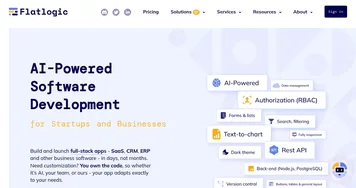 Flatlogic
Generate full-stack database-based (CRUD) React, Vue, Angular apps in just 3 steps
Flatlogic
Generate full-stack database-based (CRUD) React, Vue, Angular apps in just 3 steps
-
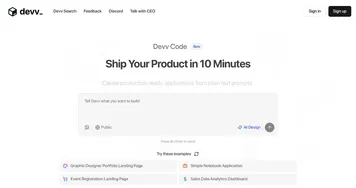 Devv AI
A search engine designed specifically for developers with multi-modal interface
Devv AI
A search engine designed specifically for developers with multi-modal interface
-
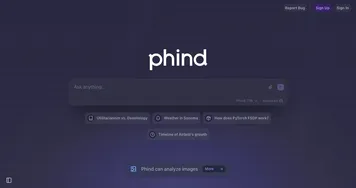 phind
A search engine optimized for developers and technical questions
phind
A search engine optimized for developers and technical questions
-
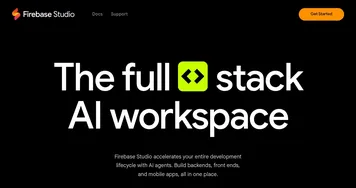 Firebase Studio
An AI-enhanced, cloud-based development environment designed to streamline app development
Firebase Studio
An AI-enhanced, cloud-based development environment designed to streamline app development
-
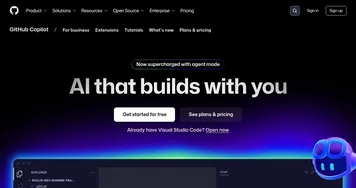 GitHub Copilot
Enhances coding with AI-driven completions and chat assistance
GitHub Copilot
Enhances coding with AI-driven completions and chat assistance
-
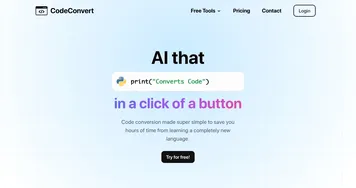 CodeConvert
Code conversion that saves you hours from learning an entirely new language
CodeConvert
Code conversion that saves you hours from learning an entirely new language


